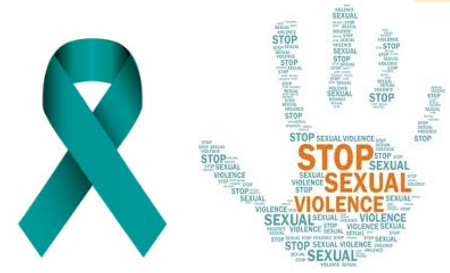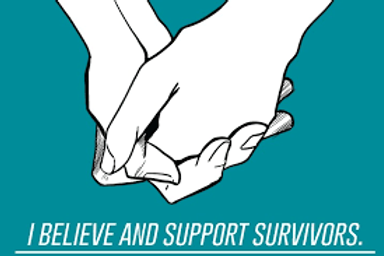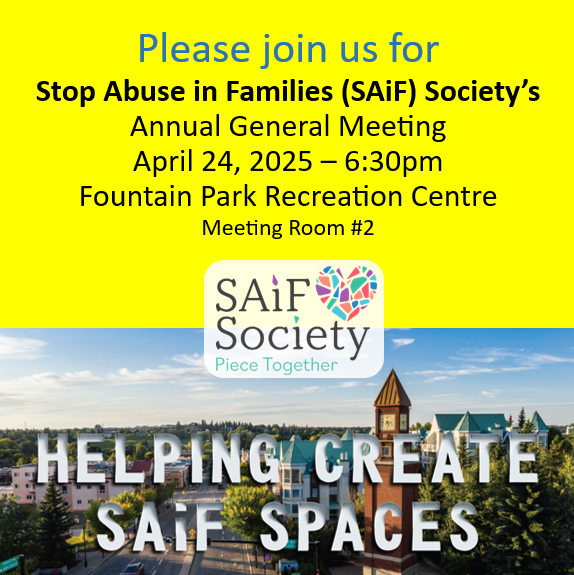
May is Sexual Violence Awareness Month and unfortunately, the COVID-19 pandemic has not stopped sexual violence. In fact, sexual violence is often made possible by situations of increased isolation and social marginalization. Here are some ways that the COVID-19 pandemic is impacting sexual violence:
- Pandemic-related stressors such as unemployment, financial stress, or loss of coping strategies can increase attempts to “control” others through sexual violence.
- Increased opportunities for online grooming and cyber sexual violence may put individuals at risk during and after the pandemic.
- Sexual exploitation of an individual’s financial strain may occur, such as demands for sex in lieu of rent or in exchange for food, other resources, or a safe place to stay.
- The complexity and overall needs of survivors of historical sexual violence may increase during this stressful time.
- Alcohol or drugs – which some people use to cope with the impacts of the pandemic – can be exploited by others to facilitate sexual assault.
- Increased risk of intimate partner violence during the pandemic is also connected to higher risk of sexual violence.
- Restrictions on visits and fewer staff in prisons or residential care settings – such as group homes or long-term care homes – can further enable opportunities for sexual violence in these spaces.
- Social/physical distancing measures may put individuals in isolation at home with others who may cause harm (e.g. sexually abusive intimate partners, caregivers), and away from bystanders who might otherwise intervene to stop sexual violence.
These impacts may affect people differently due to their own circumstances and the oppressions they face, such as colonialism, ableism, racism, cis- normativity, and classism. COVID-19 can also create barriers that may affect survivors of sexual violence who are seeking support in different way. Some of these barriers include:

- Difficulty finding private and safe times to reach out for support while isolated with others.
- Reluctance to go to hospital or access other services out of fear of exposure to COVID-19.
- Schedule changes to public transportation services limiting the ability to access supports.
- Pandemic-related concerns and needs that may result in minimization of sexual violence and its impacts.
- Shame and fear of repercussions for disclosing if the sexual violence occurred while disobeying social/physical distancing mandates.
- Separation from informal supports (e.g. religious community, co-workers) and coping strategies (e.g. coffee with friends, going to the gym).
If you are in immediate danger, please call 911. For 24/7 crisis supports, please contact Alberta OneLine (call/text) 1-866-403-8000.
Source: The Learning Network at the Centre for Research and Education on Violence Against Women & Children.


